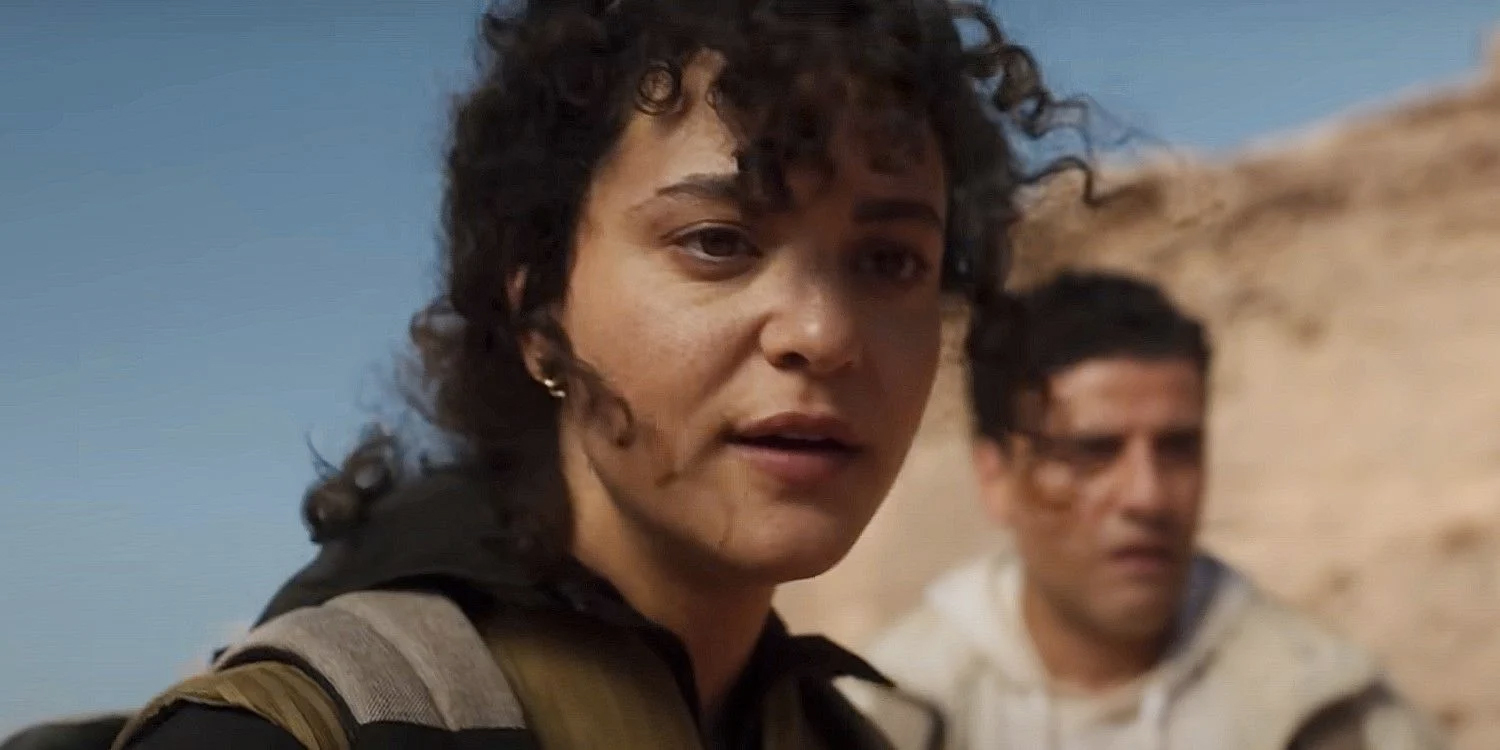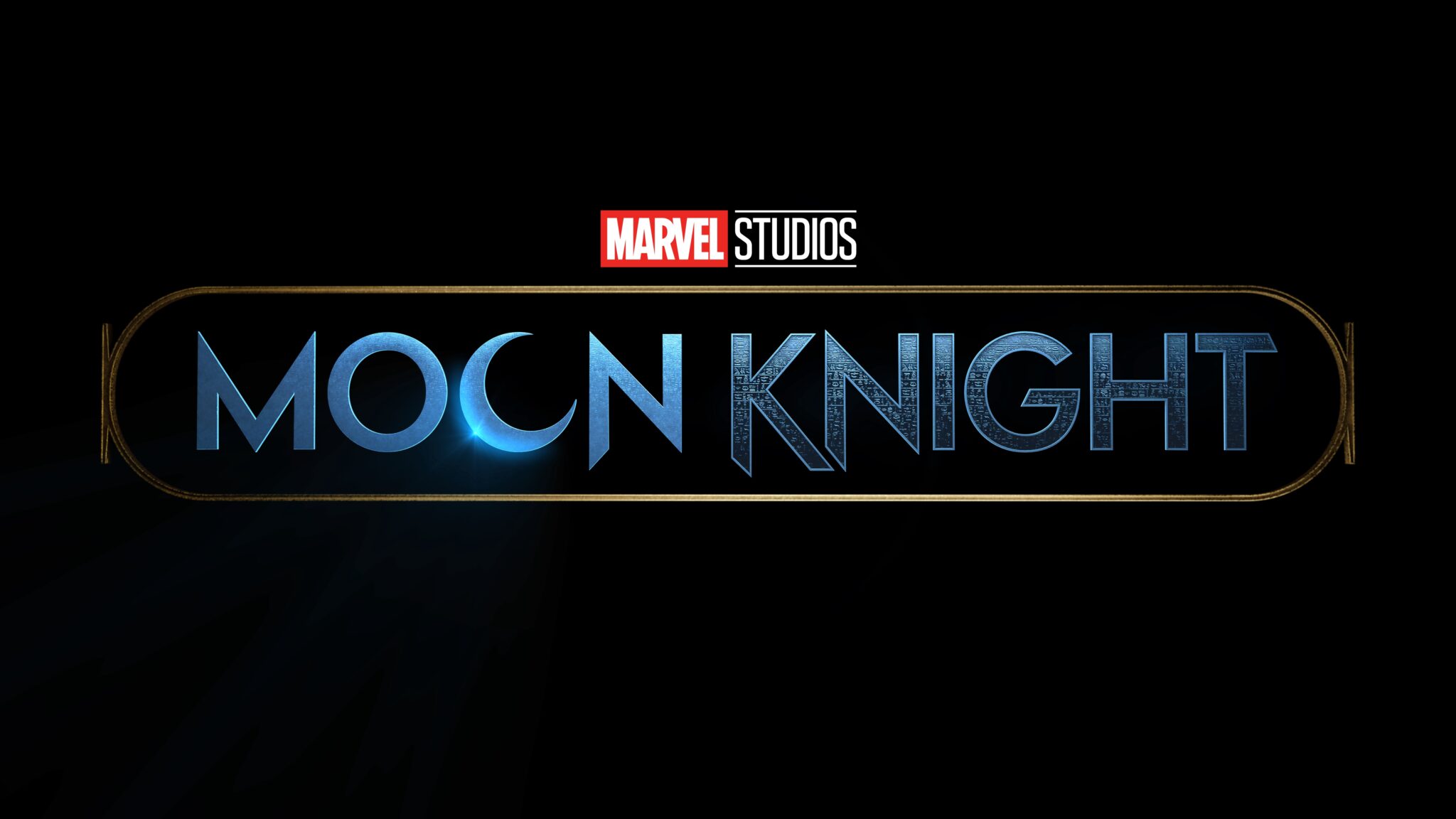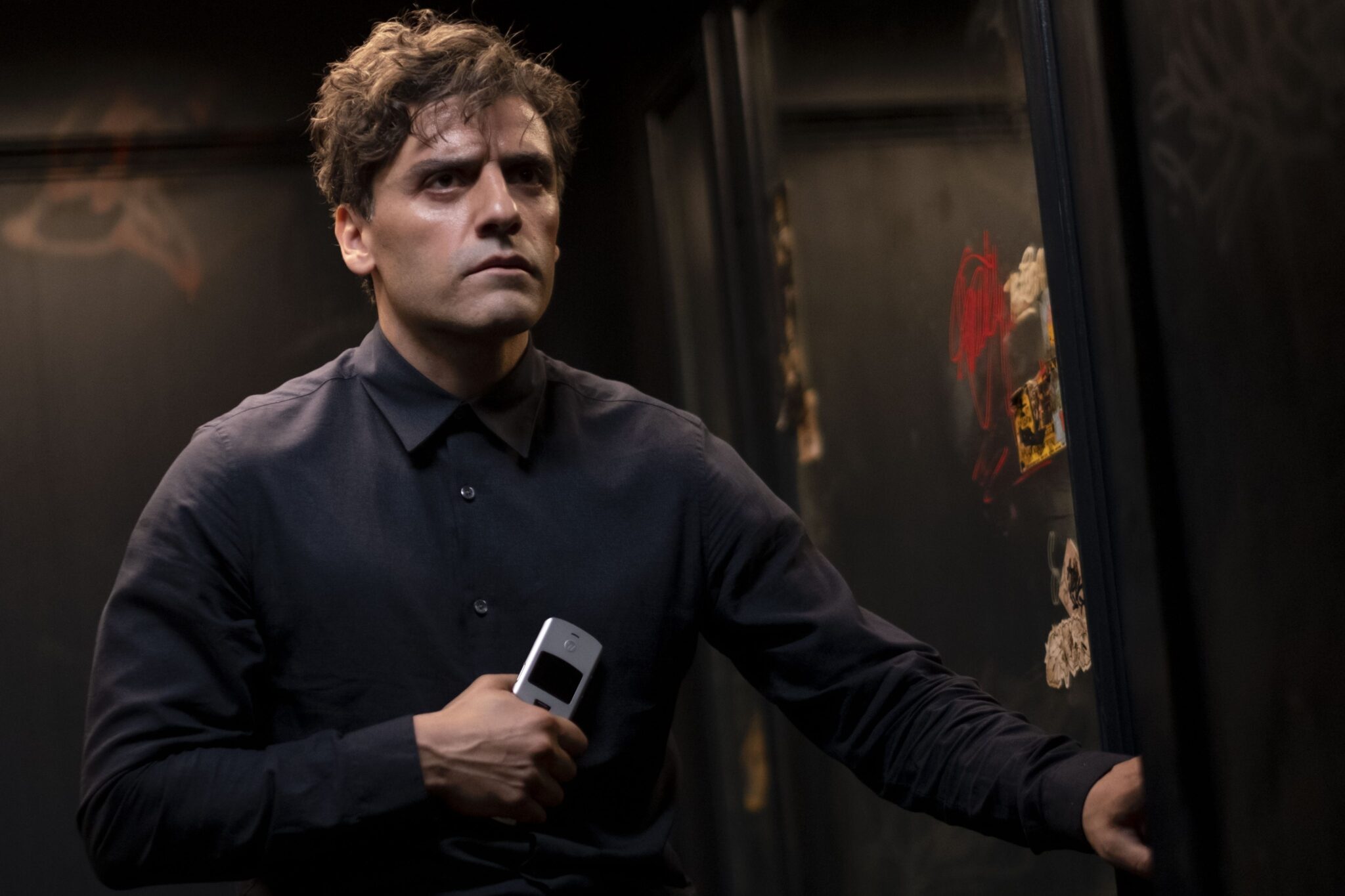We are days away from the release of the highly anticipated new Marvel studios series, Moon Knight. On the heels of the release, Nerdophiles had the pleasure of attending the Global Press Conference featuring Oscar Isaac, Ethan Hawke, May Calamawy, Mohamed Diab, Justin Benson, Aaron Moorhead, and Grant Curtis. Moderated by Entertainment Weekly writer Devan Coggan, check out all of our Moon Knight scoop!
On the most intriguing thing about bringing Moon Knight to the MCU, Curtis shared: “Well, I think Moon Knight, in particular, has been on Kevin Feige’s radar from day one. I mean, you look at his history, first appeared in “Werewolf by Night” in 1975. Then, he kind of bounced around in the Marvel Universe for the next five years, and he got his own offering in 1980. And when you look at years and decades of storytelling, as the great storytellers and artists on the “Moon Knight” pages have been doing, I think this was a natural progression, a merger into the Marvel Cinematic Universe. And I think it was just like this was the perfect time. When you look at Disney+ and needing a broader canvas to tell this incredible story, March 30th, the audience will see it, and this was the perfect time to drop into the universe.”
On what was different about Moon Knight from his other big budget and high profile roles, Isaac told us: “I think that there was just — when I looked at it and we talked — Grant, and Kevin, and Mohamed, as well — it just seemed like there was a real opportunity to do something completely different, particularly in the MCU, and to really focus on this internal struggle of this character, and to use Egyptian iconography and the superhero genre and this language to talk about this real internal struggle that this person is having.
He added: “There was also an opportunity to create an indelible, unusual character, particularly with Steven Grant. So, it felt like for me once I got a real take on how I wanted to play Steven and I brought that to everyone and they welcomed that with open arms, I also realized I had real, incredible collaborators and it was going to be a creative adventure.”

On Layla’s experiences, layers and depth, Calamawy said: “I love how strong she is. But at the same time, I felt like I got to play the full gamut of a woman with her because she’s strong and she’s for the people and fights for what she believes, but she’s also really vulnerable and scared. So that was fun for me. ”
On Arthur as THE protagonist, Hawke shared: “ Well, the history of movies are paved with storytellers using mental illness as a building block for the villain. I mean, there’s countless stories of mentally ill villains, and we have a mentally ill hero. And that’s fascinating because we’ve now inverted the whole process. And so now as the antagonist, I can’t be crazy because the hero’s crazy. So, I have to kind of find a sane lunatic or a sane malevolent force. And that was an interesting riddle for me to figure out how to be in dynamics with what Oscar was doing. And Mohamed was really embracing his mental illness as a way to create an unreliable narrator. And once you’ve broken the prism of reality, everything that the audience is seeing is from a skewed point of view. And that’s really interesting for the villain because am I even being seen as I am? And it’s also…I think that was our riddle, and we came up with somebody who was trying to save the world. And in his mind, he’s Saint Harrow, you know? I mean, he thinks he’s going to be a part of the great solution.

On changing the narrative and pre-conceived notions with Moon Knight, Diab shared : “I come from a background that is very independent, small films, usually from the Middle East. I remember the first call between me and Oscar, and he told me, “Mohamed, what the hell are you doing here?” And I remember telling him something about making intimate stories not exclusive to budget. And I think Marvel was onto something. I had other offers before to make big-budget movies, but I never connected to anything like this, intimate stories that has some big stuff happening around them. Here’s this normal person discovering that they have another identity that is a superhero. So that’s what I was drawn right away. And I never want to forget Jeremy Slater for creating such a great concept.”
Diab continued: “The other aspect that really attracted me was the Egyptian part of it, the present and the past, the Egyptology of it. As an Egyptian, we always see us depicted or the Middle East depicted in a way that is – we call it orientalism, when you see us as exotic and dehumanized. Just showing us as a human, just normal human beings, through Layla’s character and seeing even Egypt as Egypt because 90 percent of the time, Egypt is not Egypt. Imagine Paris and you’re seeing Big Ben in the background. That’s how we see our country. So, it’s funny, but it hurts. And the most important one missing for me was Sarah, my wife, who’s a producer on the show and even was a partner with me in the pitch getting the show. I’m so lucky. I think it’s going to be hard for all of us to find a better team and a better shepherd.”

On what hooked them about this project, Benson said: “Well, you know, in the roughly 50 years of comic books this character is somewhat defined by being bold and being an outsider. And there was something attractive about telling a superhero story like that, but then also working with a bunch of people who were so clearly going to make it something personal to them and then finding what’s personal in this at such a large scale. And then especially these three, finding this deep humanity of humor and pain and everything else in what you might call the great mythology of our time.”
And Moorhead added: “Although, it’s true, actually, because we’ve been trying to make sure that all of our independent films, they’re based on a new mythology. It’s something that’s come up whole cloth. And you kind of think, oh, where are the new stories coming from? And weirdly enough, I mean, our great, modern myths are Marvel movies right now. The Great American Myth right now comes from Marvel. And a lot of other places, but it is really cool to actually be a part of that and telling a story that’s actually about these ancient myths and things that we all grew up on. And also, just the fact that that tonally somehow dovetails with all of our independent work is really, really cool. We probably would have said yes to anything. But it happened to be something that was just like what we do, you know? So very cool.”
We’ll have to stay tuned to see what lies ahead for Moon Knight, and how it intertwines with the vastly complex but intriguing next phase of the MCU!
Moon Knight begins streaming on Disney+ on March 30th!